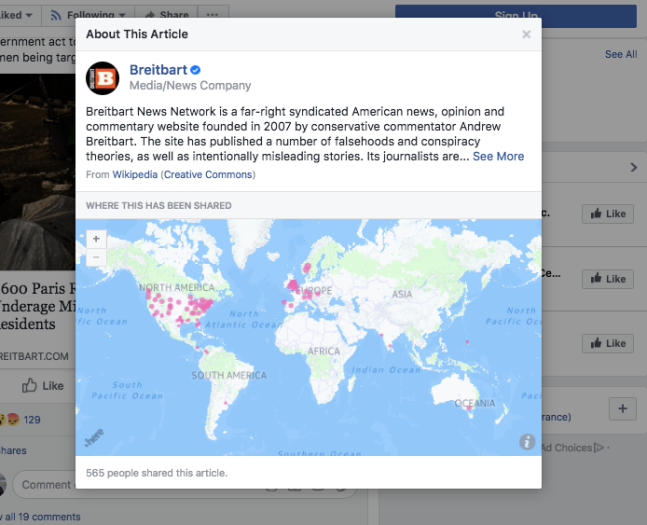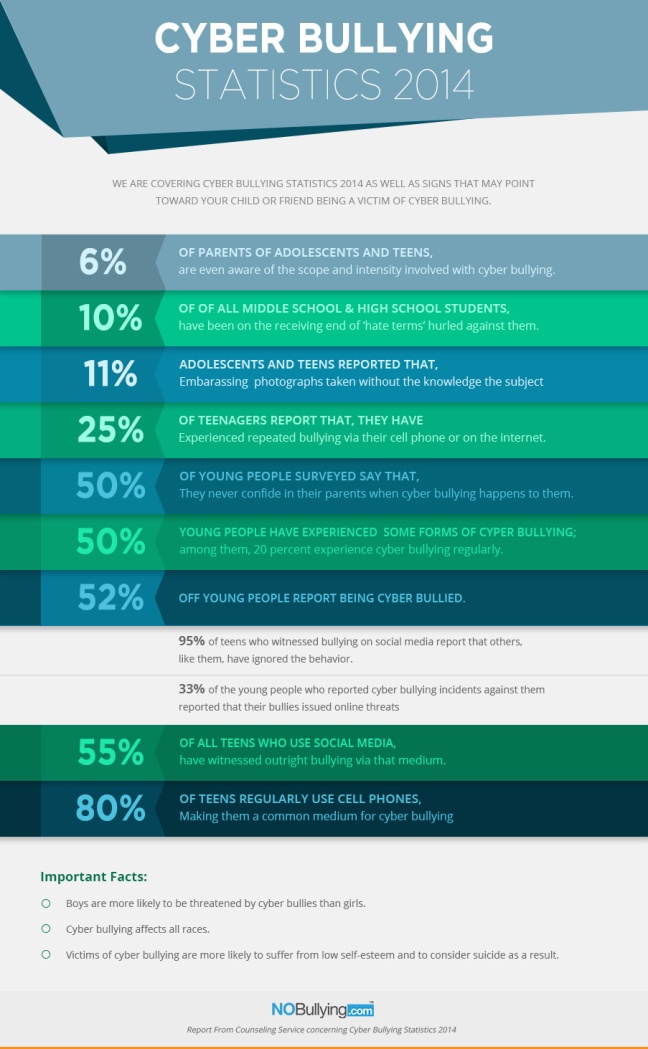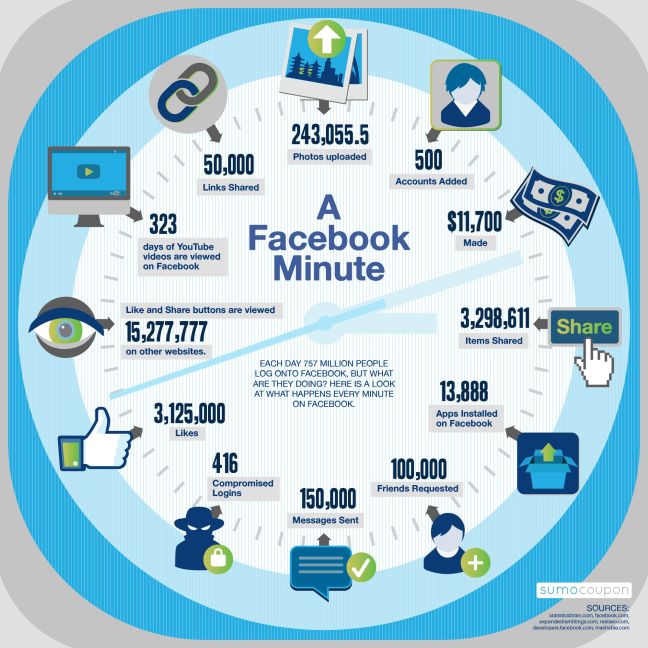You won’t believe how many people were manipulated during the election of president Donald Trump. In 2016 pro-Russian trolls posted more than 80’000 Facebook posts about the elections. All in all the posts of the russian agents may have reached more than 126 million Americans.
“Many of the ads and posts we’ve seen so far are deeply disturbing — seemingly intended to amplify societal divisions and pit groups of people against each other”, Facebook counsel, Colin Stretch, Independent
So no one really can tell what would have happened without the manipulation.
Facebook’s effort
Facebook has hired 7’500 specialists who monitor the content on the platform. But as I mentioned in my first blog post there are 50’000 links posted every minute. So do you think Facebook hired enough people to control all the posts and links?
Additionally Facebook is in the test phase to filter fake news with artificial intelligence. They used an AI software to find suspicous behavior during the election in Alabama and they successfully found several fake accounts. But AI isn’t at that point where it is able to analyze content. It cannot understand sarcasm, racism or cultural context.
They also invented the feature that next to the publisher of an article is a blue checkmark. It should tell you if the publisher is reliable.

But the problem with this functionallity is that it is very inconsistent. Some publishers are marked and some aren’t. Furthermore videos aren’t evaluated which are the most used medium to spread fake news.
What could Facebook do against fake news and harrassing posts?



